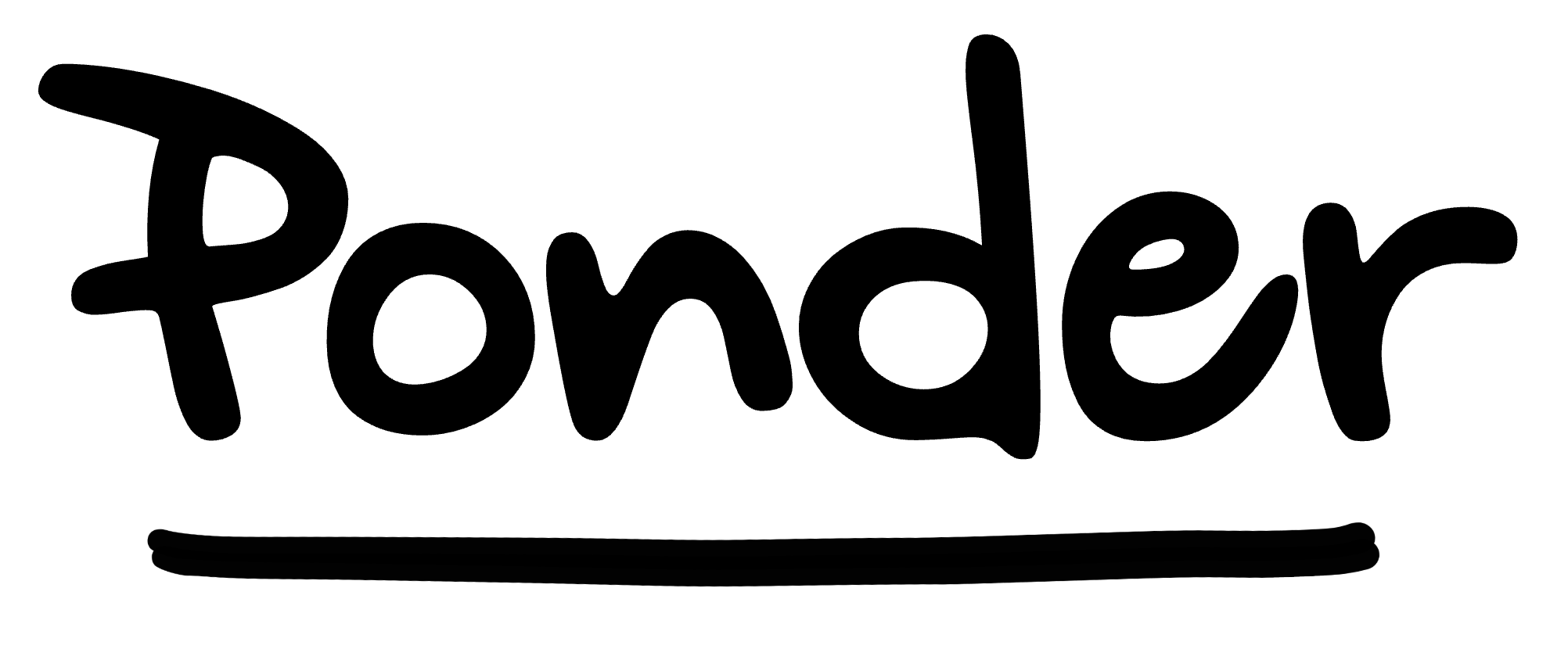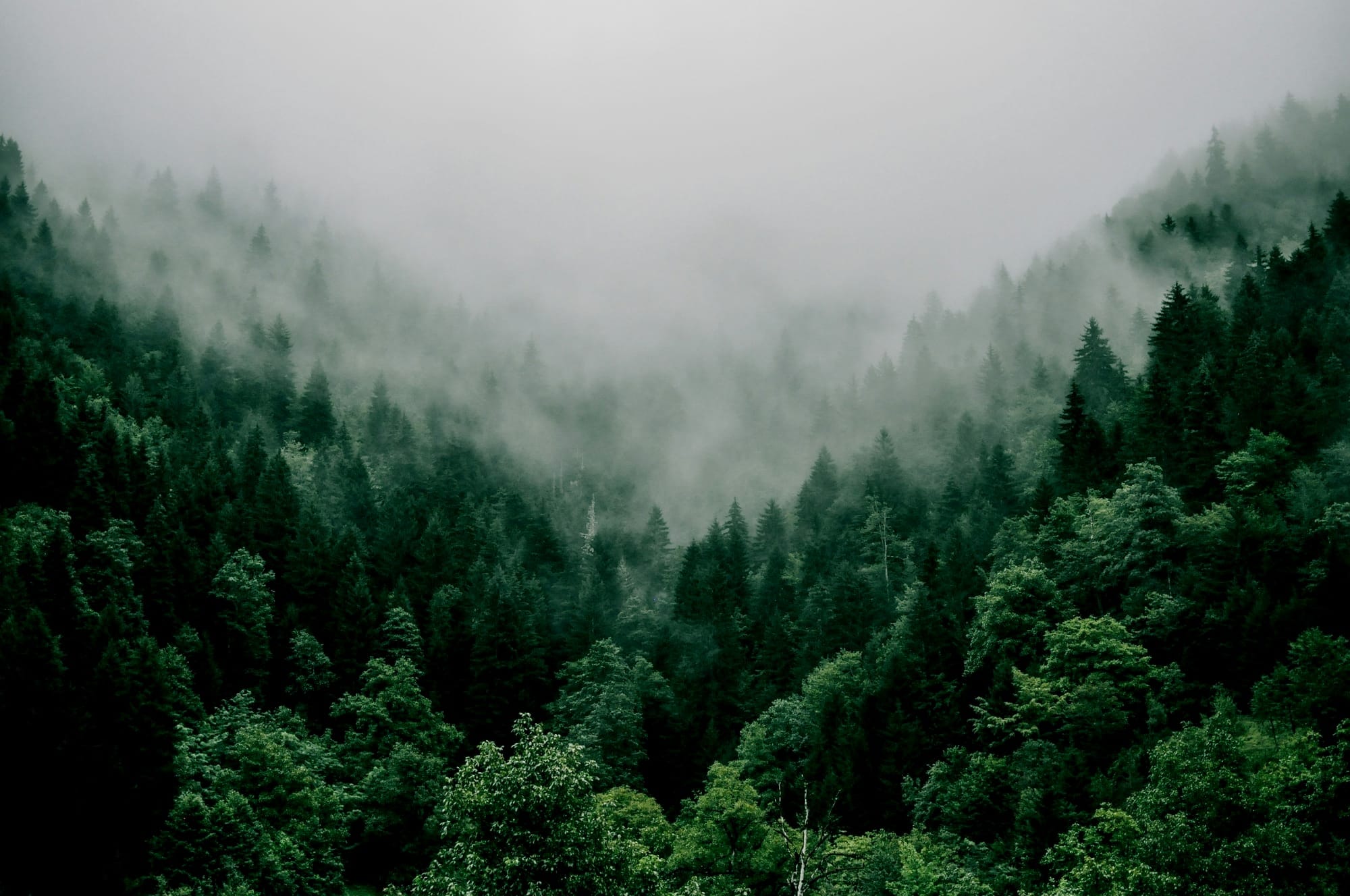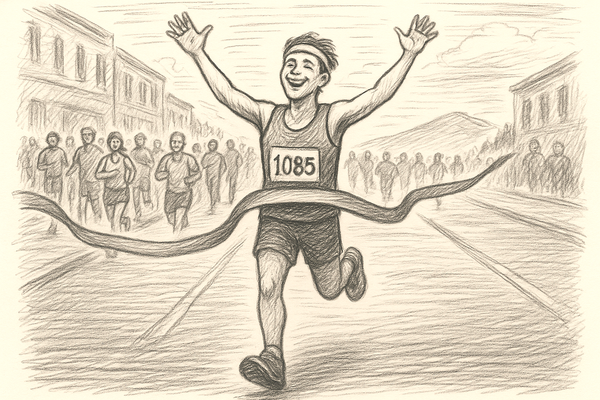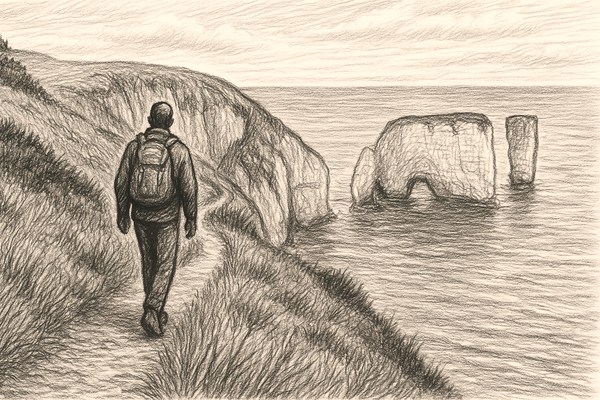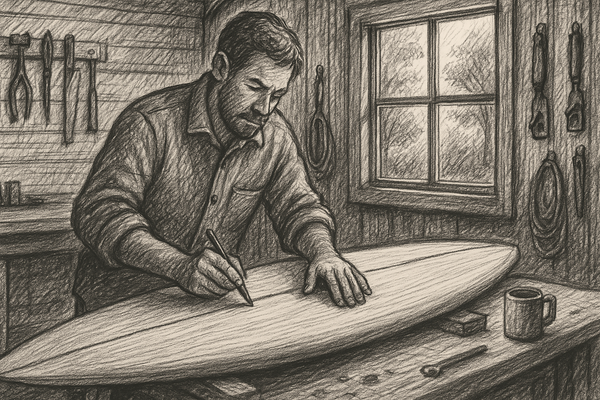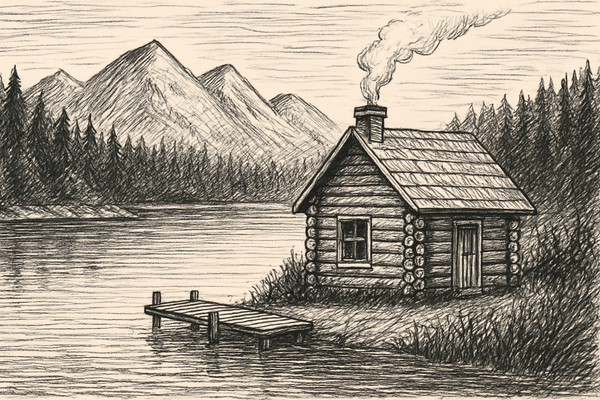Books that help your brain wander. From modern nature writing to deep working.
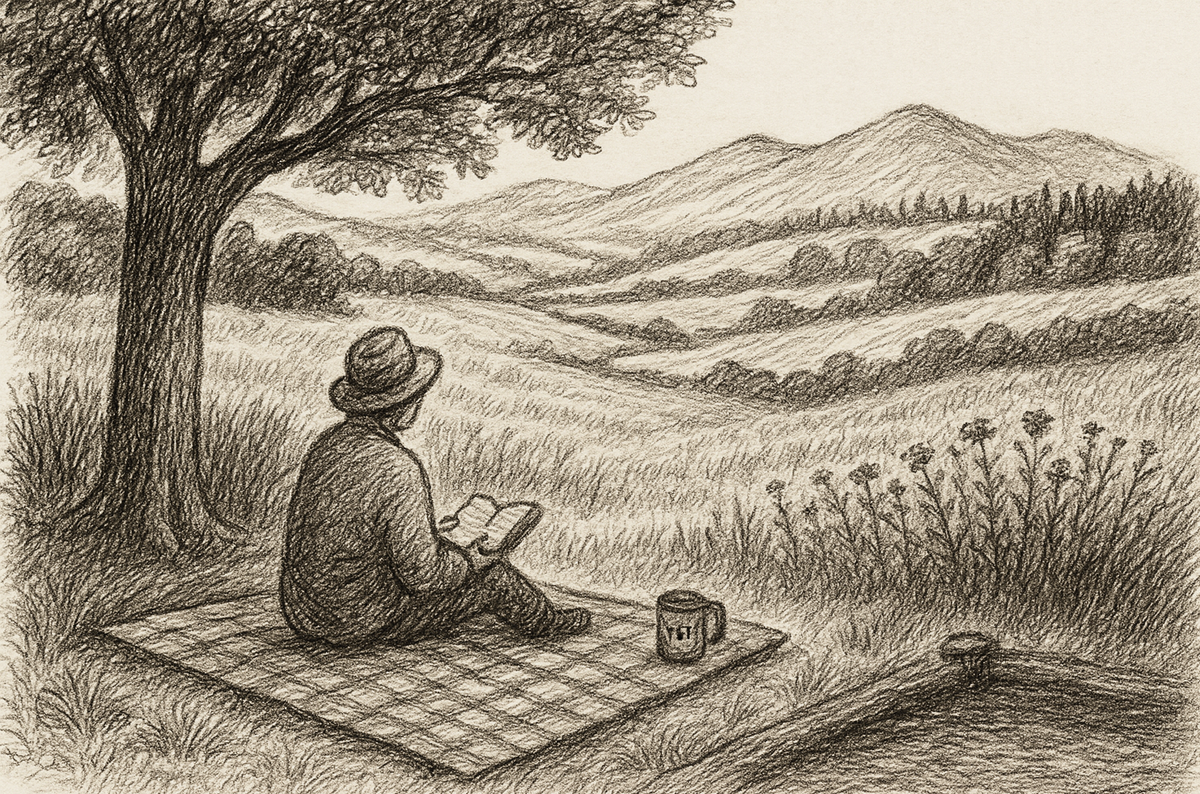
The first time I read Consolations of the Forest by Sylvain Tesson, I wasn’t looking for a productivity hack or a new way of thinking about work. I was simply tired.
His decision to retreat alone to a cabin on the frozen edges of Lake Baikal in Siberia felt extreme, yet it resonated. For six months he lived with the bare minimum: chopping wood, making tea, reading, writing. Nothing more.
What stayed with me was how much richness he found in simplicity. The book slowed me down. It made me rethink what I thought I needed, and it reminded me how important it is to create space for the mind to wander.
That became the start of a list I’ve kept and returned to: books that expand thinking, reconnect us to nature, and reshape the way we look at time, work and life.
Here are some of the best.
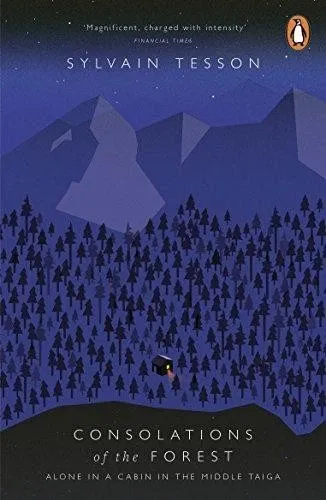
Consolations of the Forest by Sylvain Tesson
Tesson retreats alone to a wooden hut on the frozen edge of Lake Baikal in Siberia, living there for six months with only the most basic supplies. His daily journal is filled with reflections on solitude, the rhythm of simple tasks and the beauty of the wilderness. I loved how unflinchingly honest he is about both the joys and the struggles of isolation. Reading it felt like stepping out of time.
The Financial Times described it as “a hymn to solitude” and that captures it perfectly. What stayed with me is how reducing life to its essentials can feel freeing rather than restrictive. The book is a reminder that silence, stillness and simplicity create space for the mind to wander further than constant movement ever could.
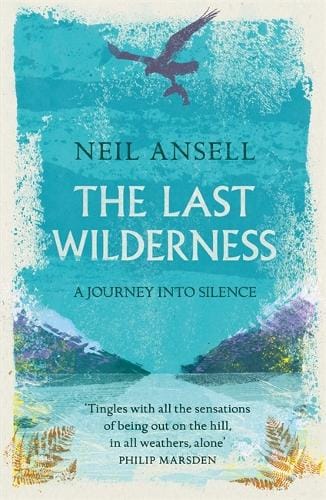
The Last Wilderness by Neil Ansell
Ansell spent years walking the same remote valley in the Scottish Highlands, observing wildlife, weather and the slow changes of place over time. What I loved most about this book is how it shows that wandering does not always require newness. Sometimes the deepest discoveries come from repetition, from looking again and again until you see what is really there.
Reviewers often describe it as meditative, and I would agree. It is a book that rewards patience, and its quietness is its strength. In a world obsessed with novelty, The Last Wilderness reminds us of the value in stillness and familiarity.
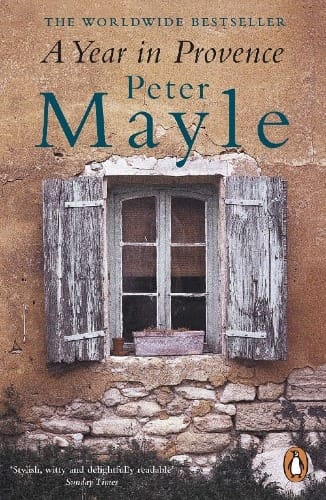
A Year in Provence by Peter Mayle
I first read A Year in Provence years ago after it was recommended to me by my friend Tony Hill, and it’s one of those books that stays with you. On the surface, it’s about Peter Mayle moving with his wife to a farmhouse in the south of France, but what makes it special is the detail. The food, the people, the light, the rhythm of the seasons. It’s a book that makes you want to slow down and pay attention.
What I like most is the sense of stillness that runs through it. Mayle writes with humour and warmth, but underneath there’s a quiet message about what happens when you stop rushing. When you live by the pace of the day instead of the clock. It’s a reminder that happiness often hides in the small routines and imperfections of daily life. A Year in Provence captures that beautifully.
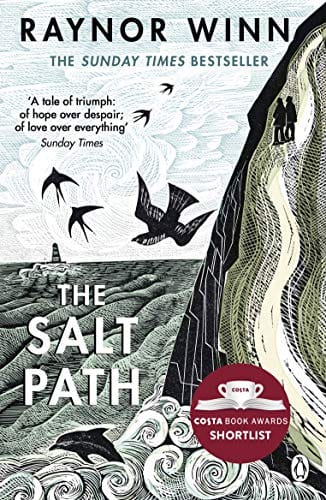
The Salt Path by Raynor Winn
This book stayed with me long after I finished it. Winn and her husband, facing homelessness and terminal illness, decide to walk the South West Coast Path. The writing is both brutal and beautiful, charting their physical struggle alongside the healing power of the landscape. I found it moving because it shows how nature can strip us bare yet also put us back together.
The The Guardian praised it as “a tale of triumph, of hope over despair,” and that is exactly what it is. For me, the takeaway is resilience, and the way the natural world can offer perspective when life feels impossible.
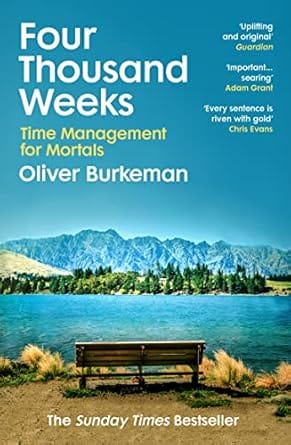
Four Thousand Weeks by Oliver Burkeman
This is not about wild landscapes, but about time, our most limited resource. Burkeman reframes productivity by reminding us that if we live to 80, we only have around four thousand weeks. I liked how bluntly he says we cannot do it all, and that trying to is futile. Instead, choose what matters and let go of the rest.
It's been described it as life changing and existential yet practical. For me, it was liberating rather than daunting. The lesson here is simple. Limits are not failures, they are boundaries that help us live more meaningfully.
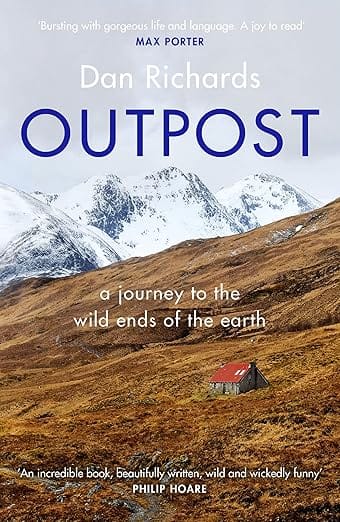
Outpost by Dan Richards
Richards explores remote shelters around the world, from Arctic huts to Japanese monasteries. What I enjoyed was the variety of voices and histories woven through each place. His curiosity makes you want to seek out your own version of an outpost, a space beyond the everyday.
The Sunday Times praised it for its wit and eccentricity, which I think adds to its charm. It is not about isolation for the sake of it, but about what these spaces tell us about our collective longing for retreat.
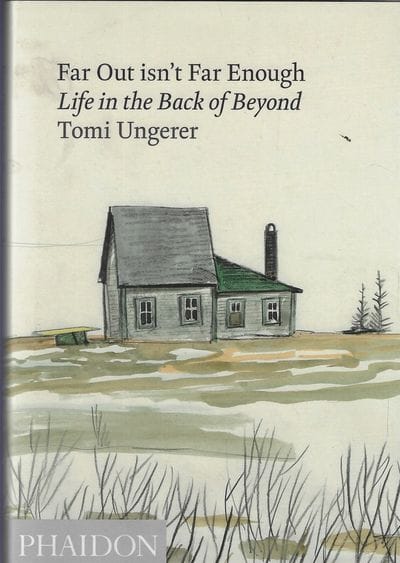
Far Out Isn’t Far Enough by Tomi Ungerer
Ungerer, an illustrator and satirist, escaped city life for rural Nova Scotia, recording his experiences in words and sketches. I loved the way the drawings and text work together, showing how creativity can flourish in retreat. It feels raw, funny and sharp all at once.
The New York Times called it “a record of an artist’s exile and renewal.” For me, the big lesson is that stepping away from the noise can spark new ideas. Wandering is not always about distance, it is about perspective.
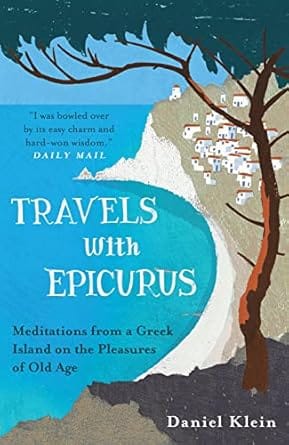
Travels with Epicurus by Daniel Klein
At 73, Klein travels to a Greek island to reflect on ageing. He draws on philosophy, humour and his own experiences to explore how to grow old well. I enjoyed how gentle the book feels, and how he challenges the obsession with staying young forever.
One reviewer described it as “a charming meditation on the pleasures of old age,” which sums it up perfectly. It is not about denial, but about embracing the season you are in and finding joy in it.
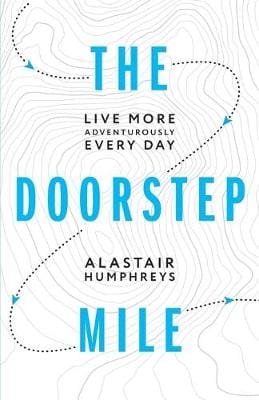
The Doorstep Mile by Alastair Humphreys
Humphreys argues that adventure does not require distant lands or huge budgets. It starts close to home, and the hardest part is the first one, the doorstep mile. I found it both practical and motivating, especially when life feels too full to break routine.
It's been called “a call to action for everyday explorers,” and that is what makes it special. It encourages you to stop waiting for perfect conditions and start small, here and now.
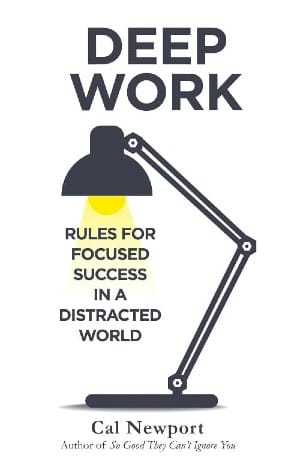
Deep Work by Cal Newport
Newport’s book is about the value of concentrated, distraction free focus in a world full of noise. I liked how pragmatic it is, and how it cuts through the myth of multitasking. Reading it reminded me that quality always beats quantity. For me, it is a reminder that carving out focus is a discipline, not a luxury. Deep work is rare, but it is also the most rewarding.
Each of these books offers more than stories or advice. They create space. Space in the day, in the mind, or in the way we see the world.
Consolations of the Forest taught me to be appreciate solitude. The Salt Path taught me resilience. Four Thousand Weeks taught me acceptance. Deep Work taught me discipline.
Together, they are a reminder that wandering isn’t only about movement, but about allowing yourself to think differently.
Pick one, read slowly, and let your brain wander somewhere new.
